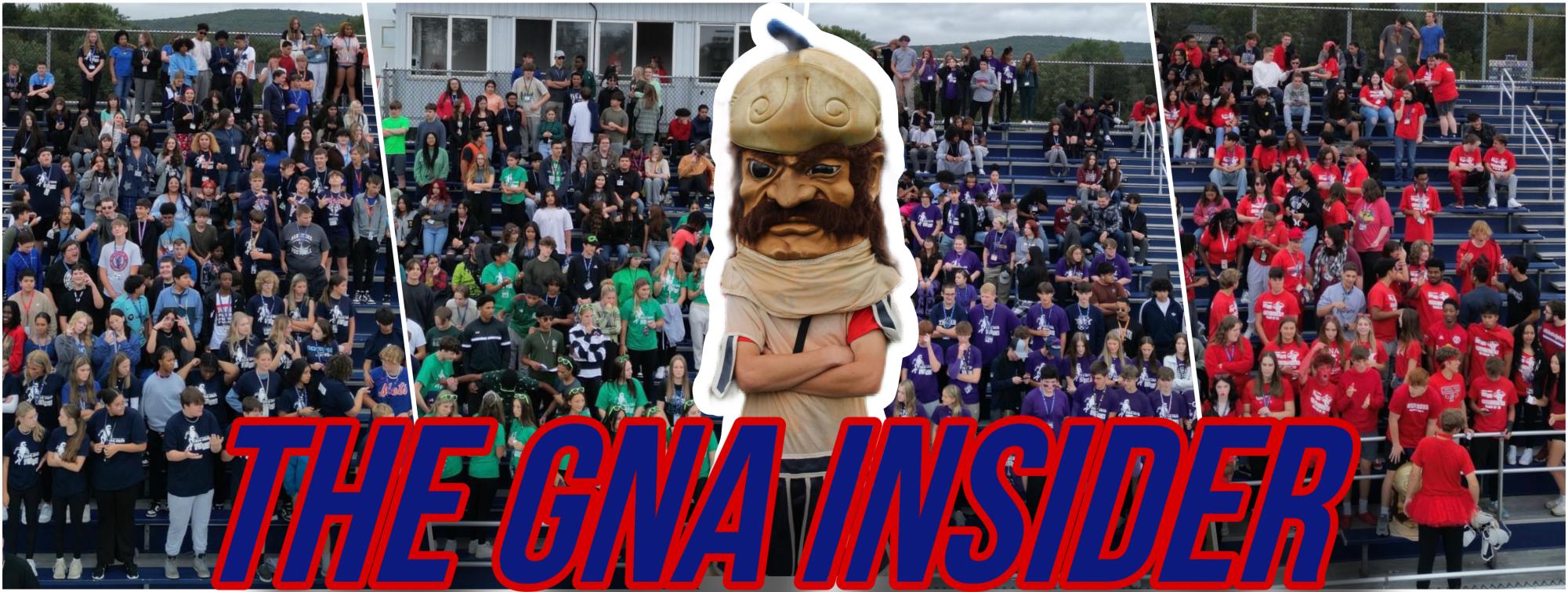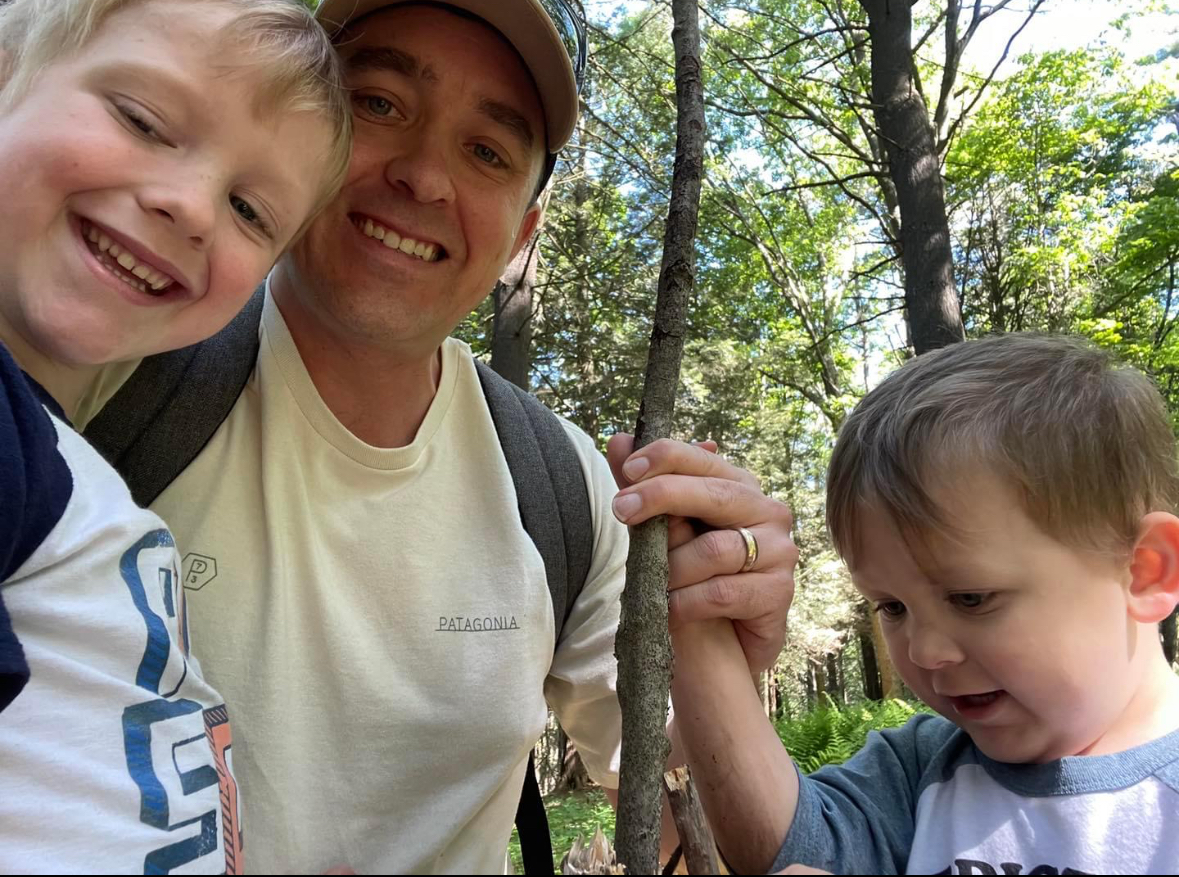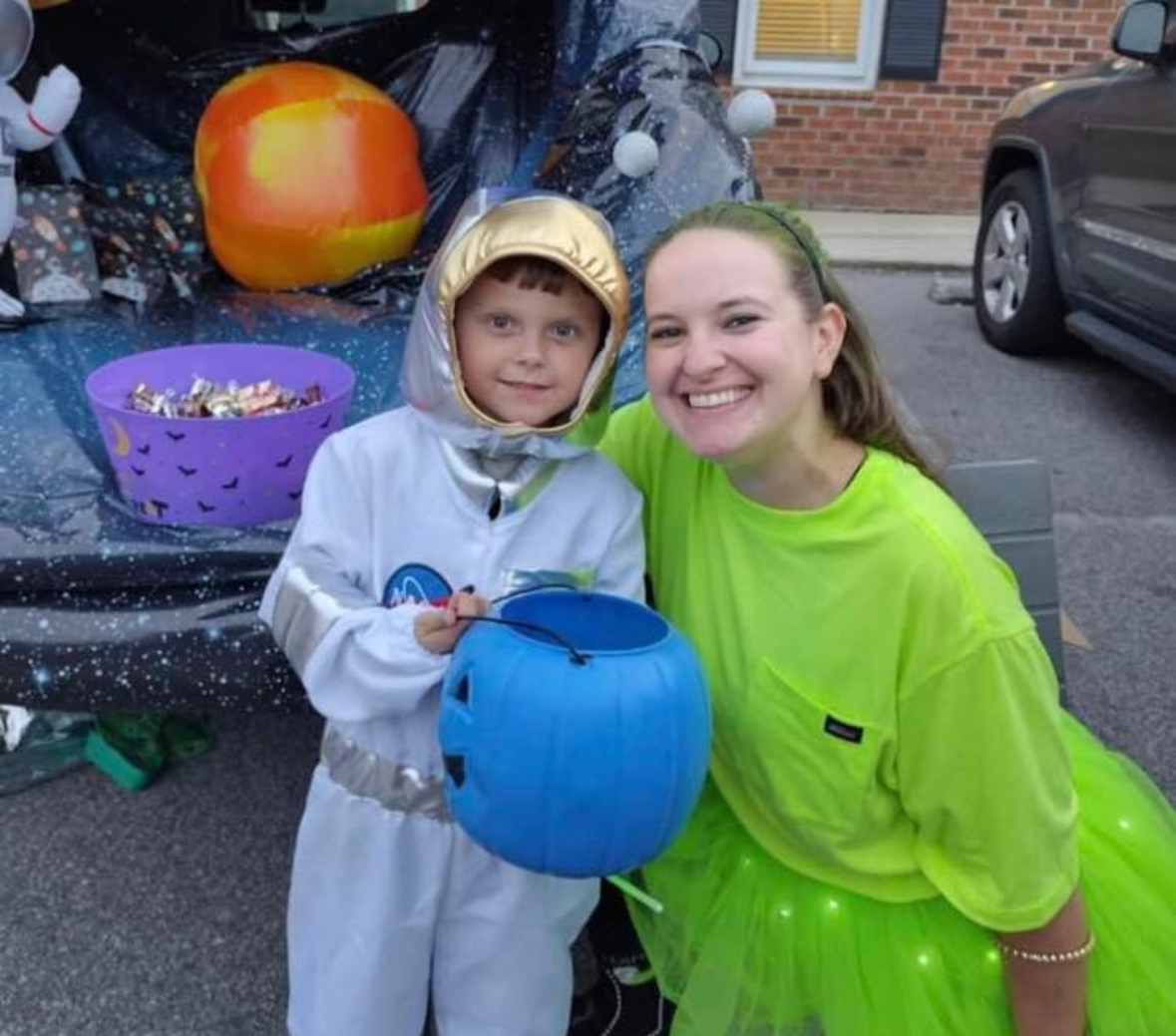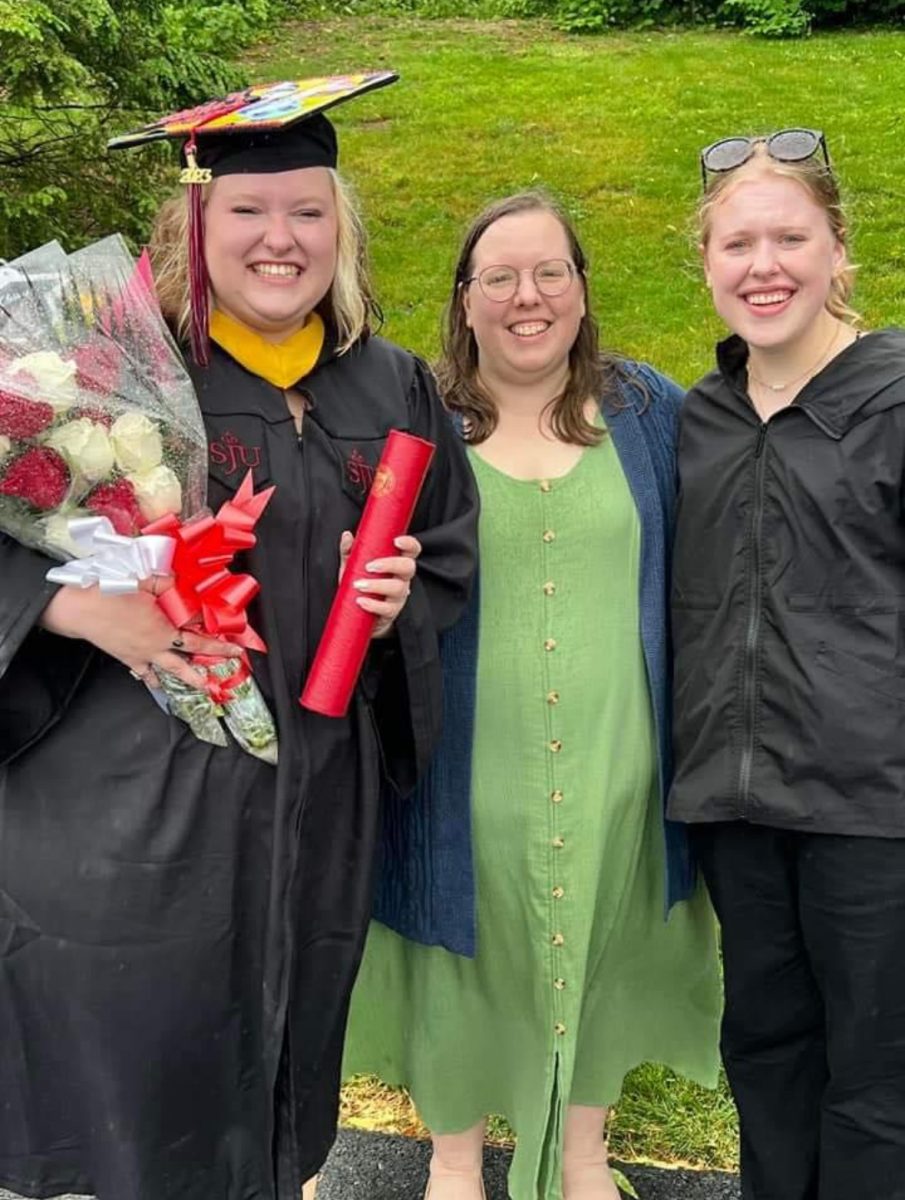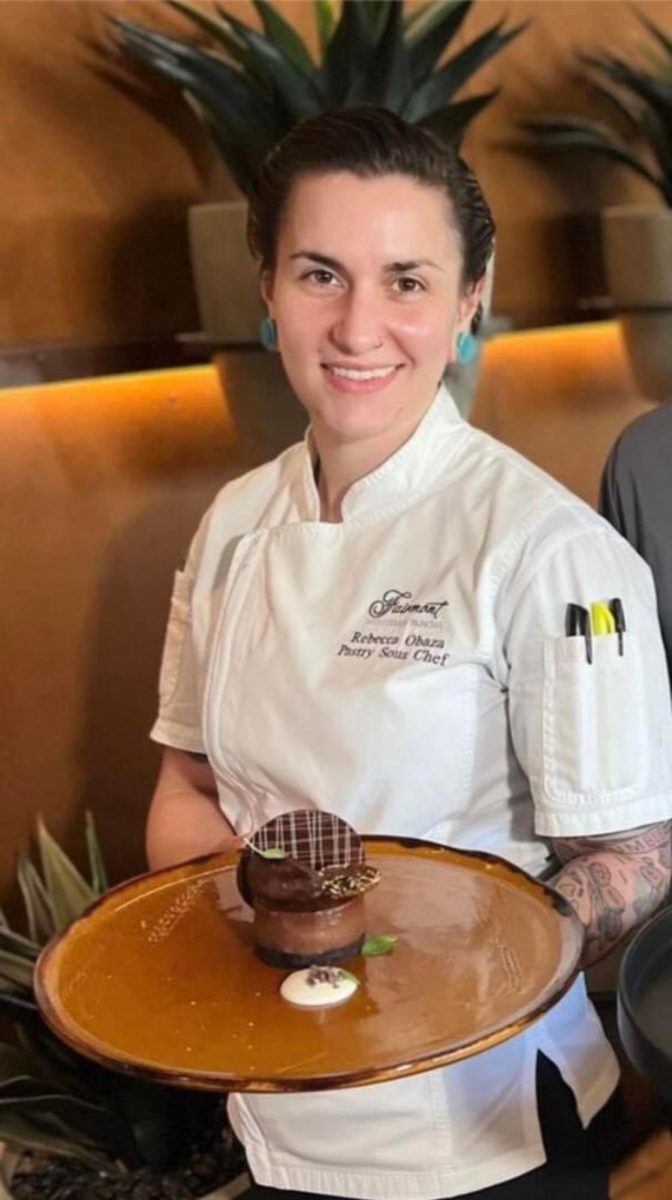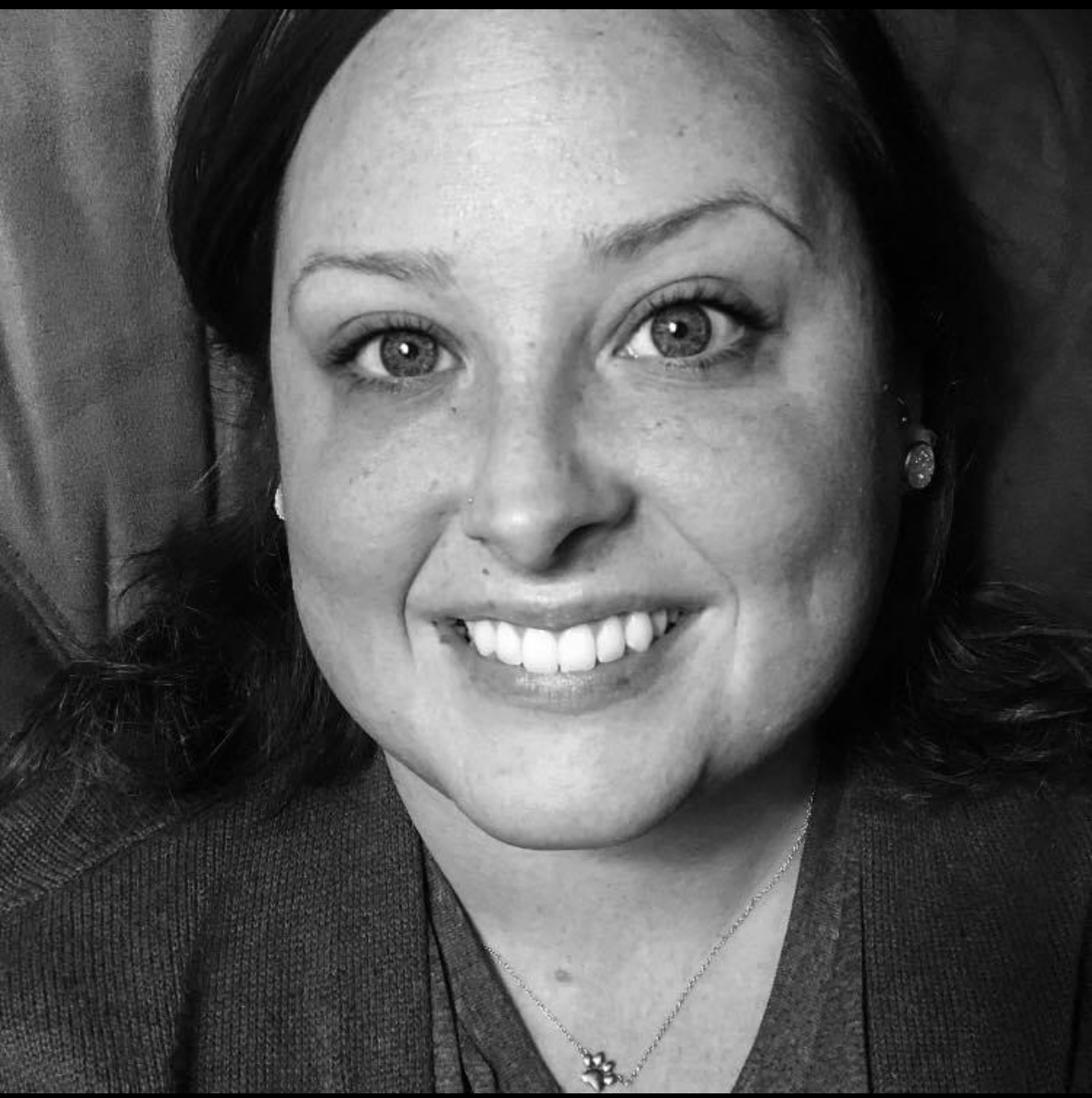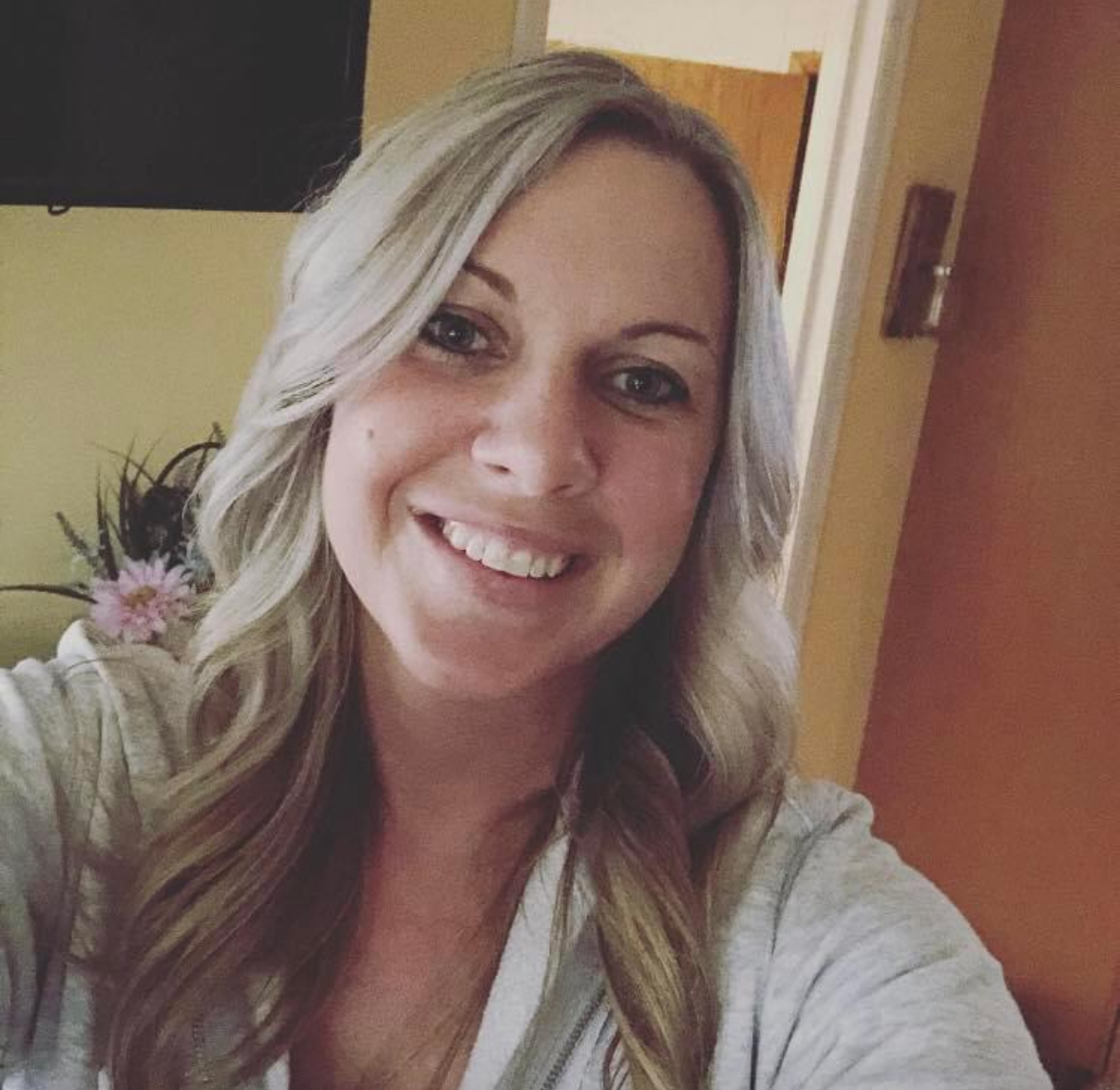“I really barely recognize the high school version of myself. Everytime I think back on what I was like, it seems like a totally different person. The best way of describing the old me was that I was an egomaniac with an inferiority complex–wildly insecure, but I’m not sure that was obvious to my peers. I think I lacked direction, and derived a lot of my self-worth from things that were ultimately temporary, like sports. That’s not to say that sports didn’t offer some excellent life lessons that were central to my formation as a person, but I think I placed too much of my self-worth in that area. I was lost before, but once sports were out of the picture, I just lacked direction completely.
I started drinking and smoking weed in high school; I was fourteen maybe, and it was mostly a weekend thing–an every weekend thing. If I wasn’t doing that, it felt like a waste of a weekend. I was under the impression that it was what people did. By my senior year, things started to get worse. And once football season ended, I didn’t have much to keep me grounded. I started getting high, drunk, or popping pills probably close to daily at that point. I can’t say I was addicted to any one thing at that time, but I was experimenting daily and trying to numb myself from the emptiness that I felt. By the summer, drinking took over pretty heavily and that continued into college. I started to realize I might have a problem when other kids in my dorm were telling me I needed a hobby outside of drinking. At that point, it was a six-day a week thing (I’d take a night off to prove I wasn’t alcoholic). That landed me back at home pretty quick after almost dying a few times, a few arrests, and barely being able to function.
I enrolled at King’s. By then, a lot of my friends that stayed home got pretty hard into pills, so I started doing more of that, and discovered that I liked how it made me feel and I felt like I could function: I wasn’t falling down steps, I could go to class high without most people noticing, and I actually got good grades. OxyContin seemed to be my solution. Before I realized it, I had completely lost the ability to choose whether or not I could have it; I had to, or I went through bad withdrawals. Nobody wakes up one day and decides to be an addict; nobody tries drugs and thinks that they’ll be addicted eventually–you just sort of start doing it more and more frequently. I went on for two years like this, trying to stop myself. Eventually, with college graduation looming, I had this sudden, overwhelming feeling after my many dealers had gone “dry” that my life was going nowhere unless something changed. I feel like that was the voice of the divine speaking to me. And finally, I asked someone for help and got into rehab.
I felt as if I had a spiritual experience of sorts. I left rehab and really chased recovery, not to save my life, but to find peace and purpose. It was there that I learned about service, the purpose and freedom it gives you. I graduated college during the recession and couldn’t find work, which was maybe the best thing for me because I spent that year in service. I helped out one to two times a week at St. Faustina’s food pantry. I helped out in a traveling homeless shelter–that experience was transformational. I thought I would be helping others there, but I found that I was the one who was helped. When we had a flash flood in Plymouth, I helped to recruit and coordinate volunteer efforts to help people affected. I continued to help with ESL tutoring at King’s, which is a program I got connected with through a service learning course there, and I continued to share my story of recovery at places like The Salvation Army, rehabs, detoxes, psych wards. It was maybe one of the most amazing times of my life.
Volunteer work inspired something new in me, and I wanted to make a career out of it. After attempting to be a lawyer, I eventually enrolled in a Masters of Public Administration program at Penn State. During my first year there, I went out to an Indian reservation where my fiance (now wife) was doing a year of service teaching at the mission school. I had a class in nonprofit fundraising, so I went there and volunteered for a little over a month doing some grant writing for the school. After that, my advisor in grad school was encouraging me to take on as many internships or volunteer work as I could to develop some skills for a resume. I think at one point I had three internships, and was working as a research assistant for two professors to have my tuition paid and have a small stipend. Eventually, one of those internships turned into a full-time job. After graduating, I went on to manage the grants office for the City of Harrisburg; eventually, I took that skillset and had an opportunity to shift into nonprofits as a consultant. I wanted to start benefiting my local community more ( Grand Rapids, MI, at this point), so I started working at the local food bank before jumping into a Development Director role somewhere else. Now, I’m the Donor Relations Director for The Salvation Army Great Lakes Division. I love what I do. I get to invite people with financial resources into something bigger than themselves every day and that is truly a gift.
I think now maybe the biggest difference between old Jon and current Jon is that my self-worth comes in helping others, whether that be through my work, in my family (having four kids offers a lot of opportunity for self-denial), and those that I help through volunteer activities with those on the margins. At the end of the day, what helps me get rest is that I made someone else’s life better, and that the world is a better place because I’m in it.”
Jonathan Hicks, 2006
Donor Relations Director for The Salvation Army, Great Lakes Division


